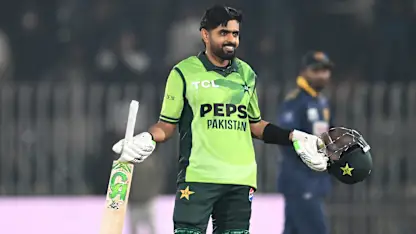News

ICC World Test Championship
Head happy at the top, backs fellow opener to fire in Sydney
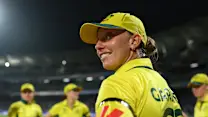
ICC Women's T20 World Cup, 2026
All eyes on T20 World Cup as Gardner aims high for Australia
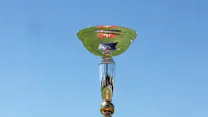
ICC Under-19 Cricket World Cup, 2026
All the squads for the ICC U19 Men's Cricket World Cup 2026
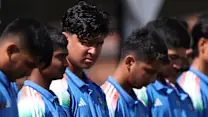
ICC U19 Men's CWC 2026
India name squad for U19 World Cup 2026
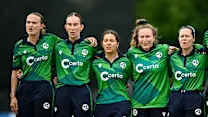
ICC Women's T20 World Cup Global Qualifier, 2026
Ireland name squad for ICC Women’s T20WC Global Qualifier
Editor's Picks
ICC World Test Championship
Anderson weighs in on England's tactics at the AshesICC Women's Emerging Nations Trophy, 2025
ICC Women’s Emerging Nations Trophy Day 5 wrapICC World Test Championship
Bavuma in awe of South Africa's 'massive' feat in IndiaICC World Test Championship
ICC World Test Championship 2025-27: State of Play
